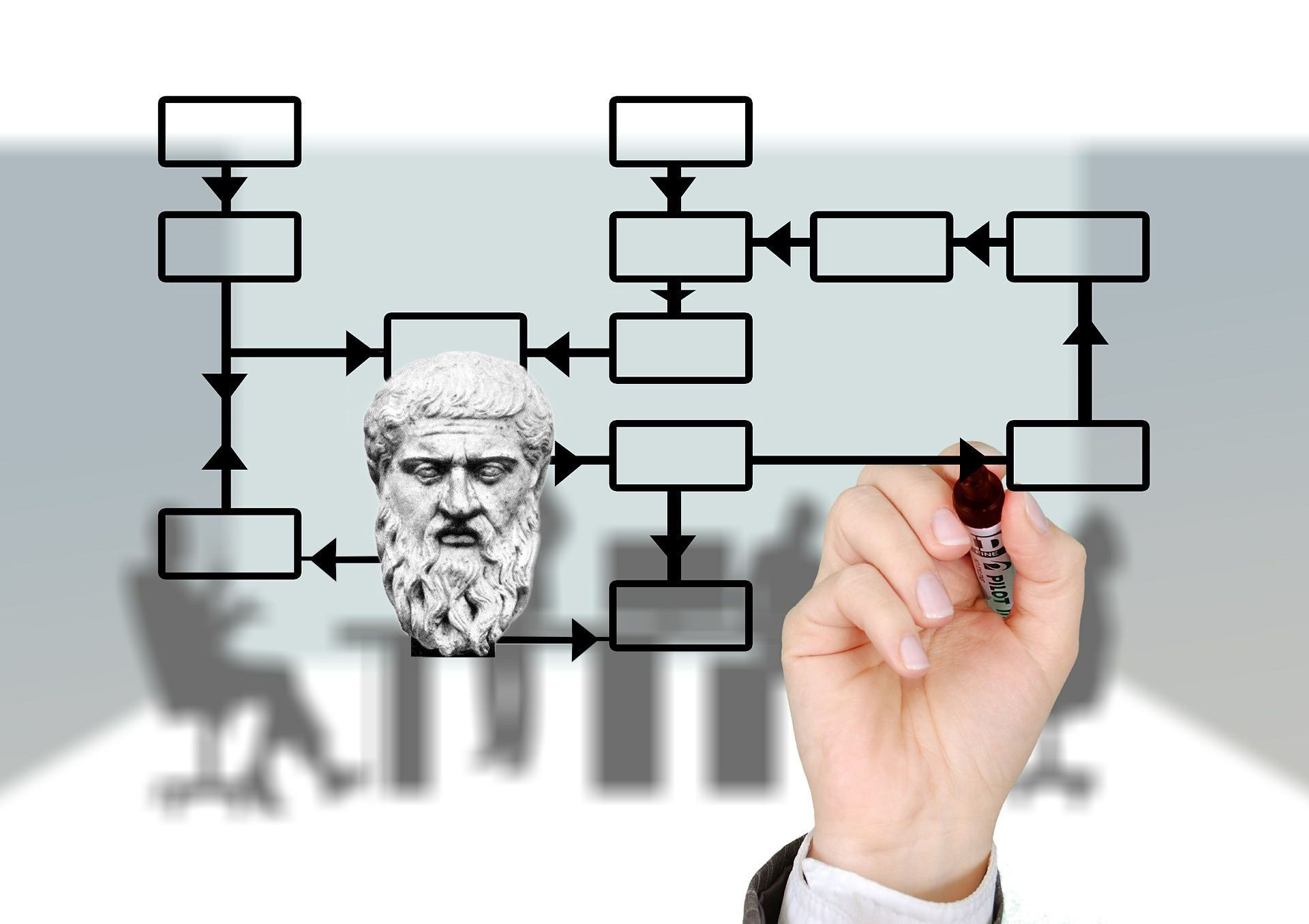


THE EXPERTISE

Eidei: Forms, Ideas
“Eidei” is the plural of the expression “eidos” (ιδέα). It consists in a concept of philosophical origin designating the forms of things, in the appearance level or in essence (according to which historic tradition we take into consideration).
“Eidei” combines all the implicit traditions, like the Platonic forms (Justice), the Aristotelian form (specificities of the substance or matter, like a house of wood), the creative or referential ideas (from John Locke to Ferdinand de Saussure), and simultaneously the esthetics of what is produced.
Eidei Productions works with all those elements simultaneously, to generate creative audiovisual products, beautiful esthetics, informative products, referential bases and (the most important) with high conceptual content. We think that the concepts reinforce the esthetics (something which contradicts the most of the commercial productions).
-The knowledge
We have an open and general vision about the knowledge (the one acquired in any field, circumstances and even in the daily life).
But the academic knowledge (the one which captures our interest here) is related to the explanation of causes about the statements. This means that the phenomenon or concepts or descriptions that we make, must be justified. At this moment we may speak about genuine knowledge (in the sense Aristotle defined in Metaphysics, book I, chapter I). It’s necessary to identify the causes and the consequences of each thing (without internal contradictions) to be able to talk about true scientific knowledge.
The academic knowledge must also find a certain stability, that means, its principles must be fixed in a certain way, to be able to talk about a justified knowledge for the present and for the future (in the same sense Plato explained in Cratylus, paragraph 440b and connected parts).
And finally there is a social value of the knowledge. It is not enough that an academic knowledge (scientific) explains certain phenomena or concepts with efficiency, or that its principles are fixed around the time, if this knowledge is not accepted by a community of experts who are socially recognized in the field. It is necessary that the knowledge be legitimized by respected specialized people, owners of a social trust (this means the avail of communities during the scientific revolutions explained by Thomas Kuhn in The Structure of the Scientific Revolutions).
In conclusion, the academic knowledge must be: able to produce explanations, justified (by causes and consequences with internal coherence), fixed (with principles that do not change) and socially approved.